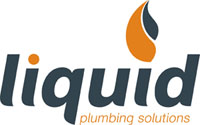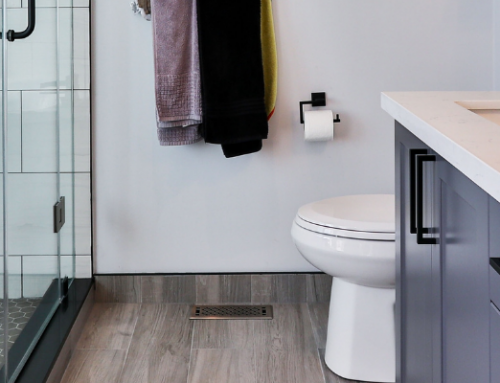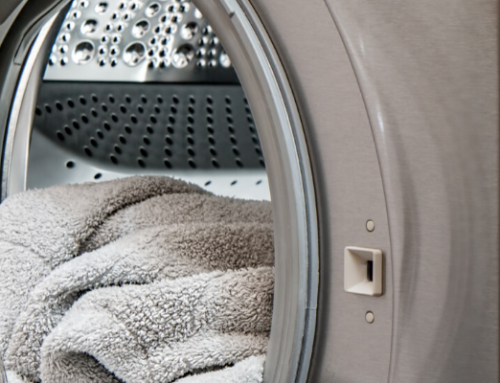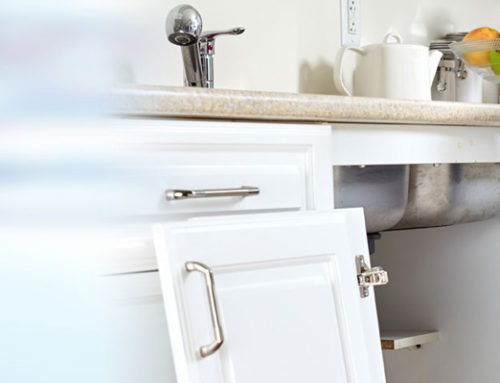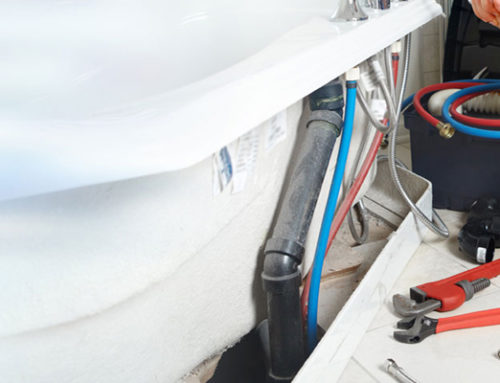Just like everyone else across Australia, we’ve been vigilantly practicing social distancing, spending our weekends at home, and trying to keep up to date with the constant COVID-19 news. With schools closed, businesses asking staff to work from home, and most outdoor activities banned, many of us are spending twice as much time at home than we normally would.
While it’s a great chance to slow down and reconnect with our families, all this extra time at home also means more bathroom and kitchen use – meaning a greater risk of clogged drains and pipes. Thankfully there are a few proactive things you can do while using the bathroom or cleaning the dishes that will help prevent a clogged drain – and prevent a call to a plumber!
In the bathroom:
1. Watch what you’re flushing. We know toilet paper is a valuable and rare thing at the moment with the supermarkets struggling to keep up with demand! But if you’re running low on loo paper please don’t be tempted to flush:
- Hand paper towel
- Baby/face wipes
- Sanitary pads
- Tissues
- ‘Flushable’ wipes
Yes that’s right we recommended you stay away from those ‘flushable’ wipes that are popping up on toilet paper shelves. They might be good for an emergency but regular and over use will cause a very backed-up sewer system. Don’t believe us? Just check out this big blockage in Melbourne.
2. Don’t DIY. We’ve also heard stories of resident trying to install their own bidets and hand held personal washers. While these can be a great option and have proven popular overseas, it’s important to have these installed by a professional plumber. If incorrectly installed these devices can cause contamination through backflow – putting your household and the wider community at risk.
3. Keep your shower hair free. Another helpful way to prevent clogging in the bathroom is by trying to limit the amount of hair going down the sink. Make sure that your drains have an adequate grates or mesh to stop as much hair as possible. And for those with longer hair it’s a great idea to brush your hair before showering. This way the majority of your dead hair will stay in your hairbrush and won’t go down the shower drain.
In the kitchen:
4. No fats or grease down the sink. If you’re like us, our mornings have been a little slower than usual, meaning we’ve had more time to enjoy a cooked breakfast with the family. But if you’re cooking bacon and eggs for the family you’re probably going to have a bit of fat left in the frying pan. Don’t be tempted to pour any leftover liquid fat or grease down your drain, and instead wait for it to cool down and solidify. This way you can easily scrape it into the bin.
5. Watch your rinsing. With the kids now eating breakfast, lunch, dinner and their snacks at home, you might find yourself rinsing and washing more plates than usual. Keep in mind that foods like rice, pasta, and cereal expand when wet, so it’s really important to be using a sink strainer to catch any leftover food. After only a few weeks of heavy rinsing, all the food that gets washed down the drain can create a nasty blockage.
6. Check your filters. While we’re taking about rinsing dishes, we can’t forget about the dishwasher. It’s a good idea to scrape or rinse off as much leftover food as possible so that you’re not damaging your dishwasher’s filters and causing another clogged drain. You should also regularly check your dishwasher’s filters for any food that’s got stuck and has blocked the water outlet. Make sure to refer to your dishwasher’s manual or give our team a call to help.
7. Be careful with your morning coffee. Our last tip to help you avoid a blocked drain or pipe is one that many people don’t know about. For many of us the first thing we do in the morning in reach for a cup of coffee, and while it might make us feel better in the morning, it might also give you quite the plumbing headache. Just like liquid fats and grease, you should never pour coffee grounds down the sink. The coffee grounds can attract grease, build up and then create a sludge-like texture creating one of the most common blockages. Instead put your coffee grounds straight in the bin, or even on your garden as a useful fertiliser.
We’re following all COVID-19 recommendations including social distancing and are committed maintaining high hygiene standards. Read more here.
If you do find yourself still needing a plumber, whether it’s routine check-up or an emergency, our team are still available 24/7 Contact Us.
